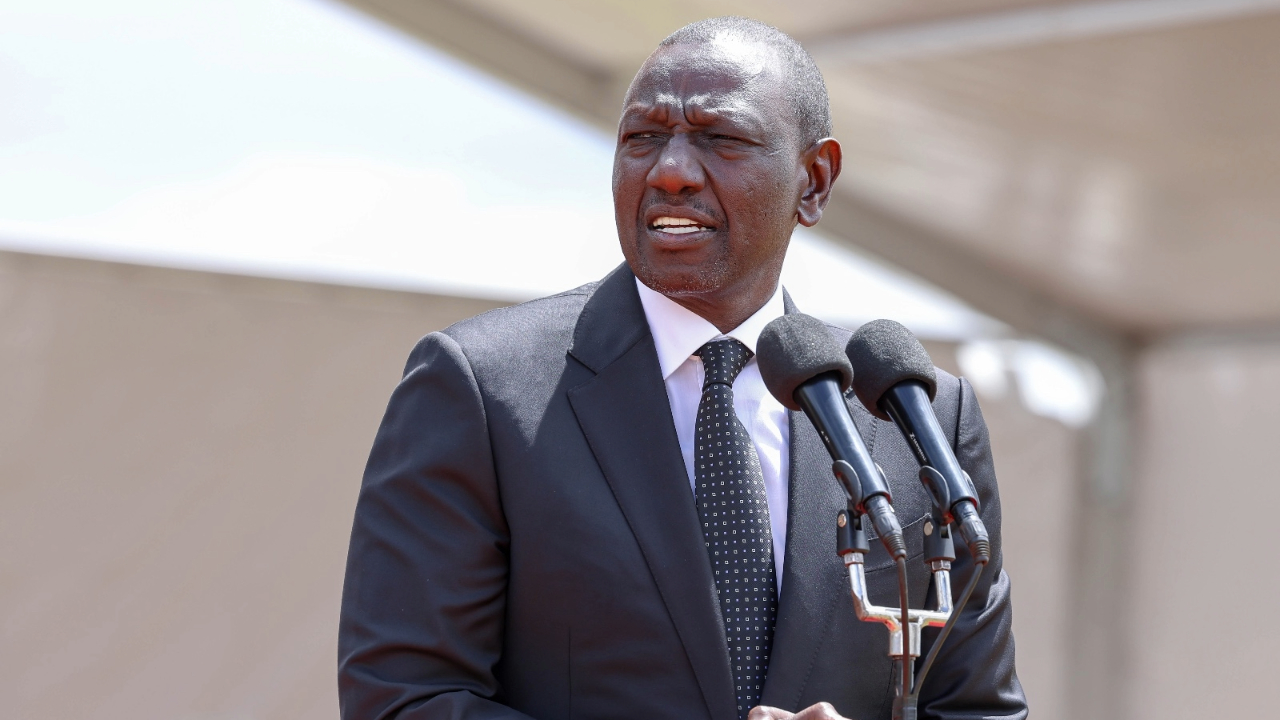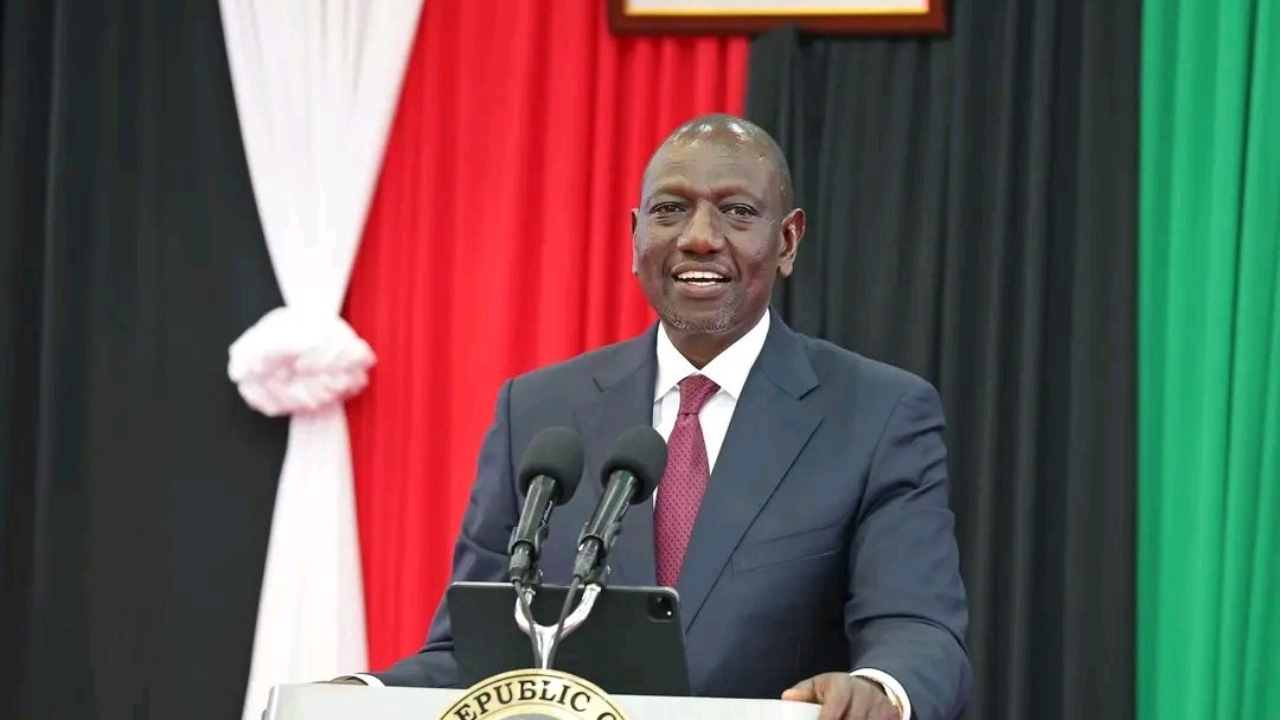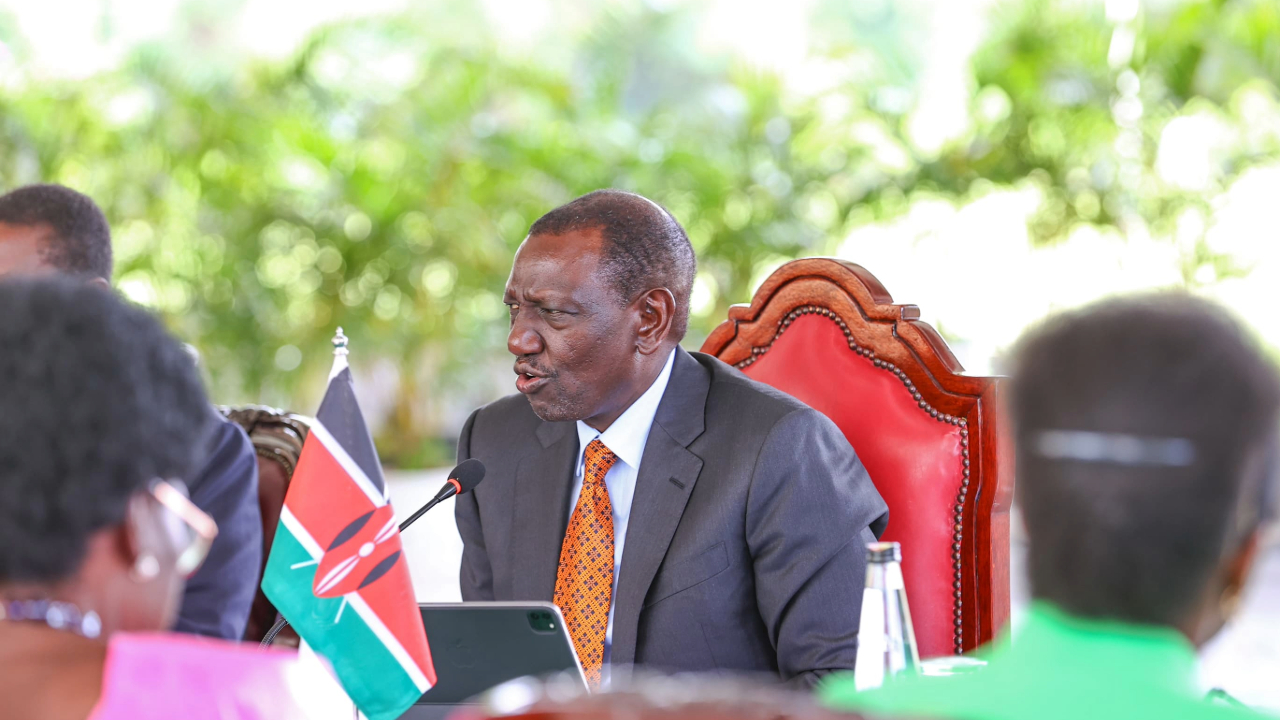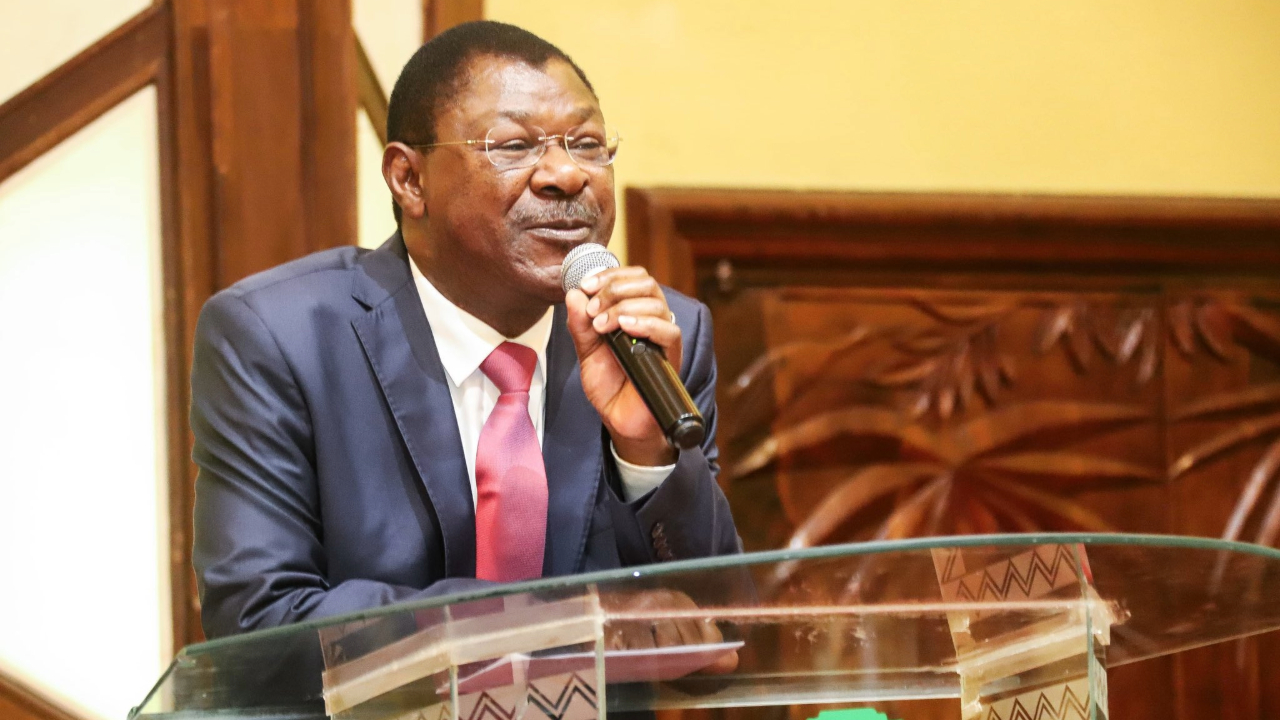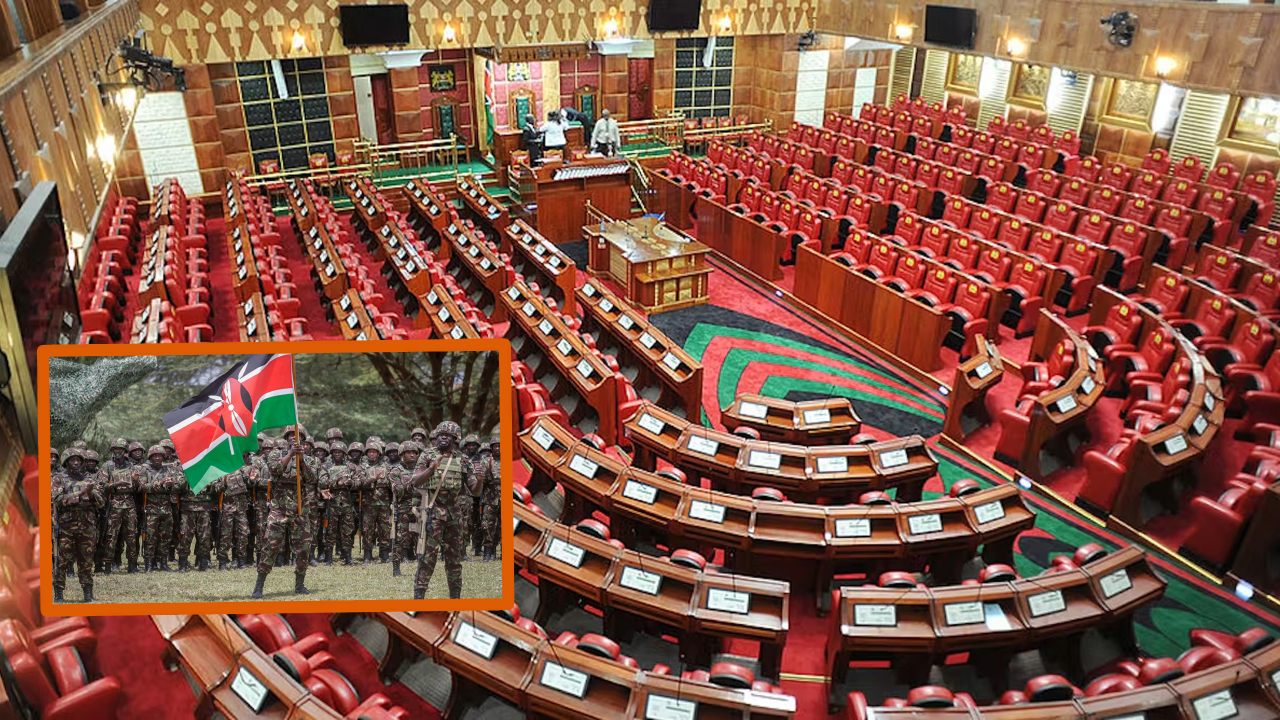Raila Odinga Gives President Ruto Critical Advise Amid Tough Times
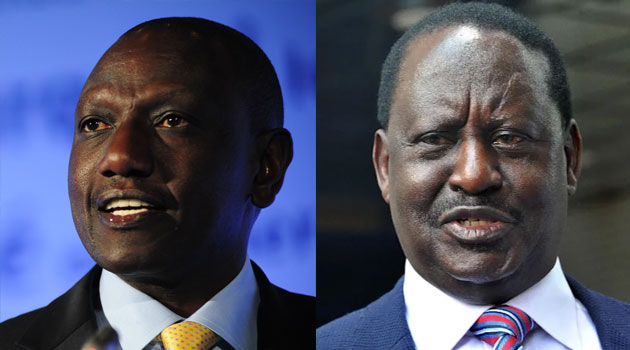
Raila Odinga, the leader of the Azimio la Umoja One Kenya coalition party, has recommended that the administration led by President William Ruto should reduce its operational budget by a minimum of Ksh.500 billion.
This, he believes, would create the necessary fiscal space to address pressing issues and alleviate the cost of living for Kenyans. Odinga emphasized this point during the 'Transforming a Nation' conference organized by the Konrad Adenauer Stiftung Foundation in Nairobi on Friday.
The opposition leader urged the government to prioritize providing relief to Kenyans, proposing that this could be achieved through policy adjustments such as tax reduction and stimulation of production.
He emphasized the need to cut the budget to free up resources for these initiatives. Odinga argued that the current policies disproportionately affect low-income families, contrary to the administration's promise to uplift them.
Highlighting the financial strain on low-income households, Odinga asserted that over 40% of their income is spent on food, necessitating immediate relief.
He specifically called for reductions in fuel taxes and an increase in social welfare payments. The opposition leader expressed the view that tax cuts, not increases, are essential at this time, deeming the current taxation system unsustainable.
Odinga criticized the 'Hustler' narrative promoted during the Kenya Kwanza election campaign, characterizing it as an approach that robs the rich and middle class to help the poor.
He cautioned that such a policy would not address the underlying issues facing the country. The Azimio chief also expressed concern about the foundation laid by the Ruto administration in its first year, warning that rectifying the damage would be a lengthy process without immediate course correction.
Further, Odinga took issue with the Kenya Revenue Authority (KRA), accusing it of burdening Kenyans with repressive policy changes while consistently falling short of revenue targets.
He pointed out the counterproductive nature of increasing taxes beyond a certain point, citing the KRA's struggle to meet revenue obligations despite higher fuel taxes.
Drawing from his experience in government under NASA, Odinga recalled inheriting a stagnant economy with negative growth and low revenue collection.
He underscored the need for a balanced approach to address both income and expenditure sides of the budget, reflecting on the sources of revenue, including custom duty, income tax, and VAT.
